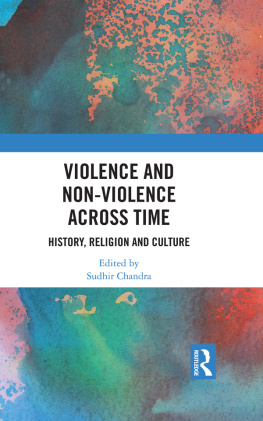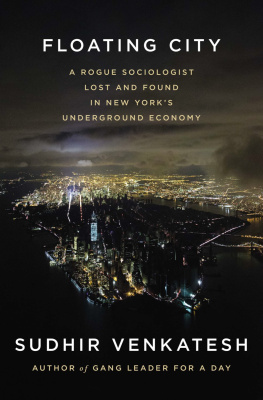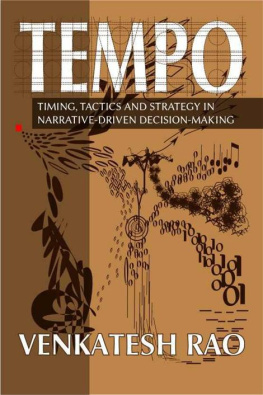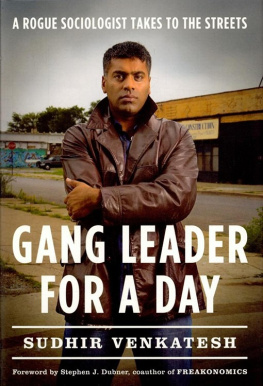Stanford University Press
Stanford, California
2007 by the Board of Trustees of the
Leland Stanford Junior University. All rights reserved.
No part of this book may be reproduced or transmitted in any form or by any means, electronic or mechanical, including photocopying and recording, or in any information storage or retrieval system without the prior written permission of Stanford University Press.
Printed in the United States of America on acid-free,
archival-quality paper
Library of Congress Cataloging-in-Publication Data
Youth, globalization, and the law / edited by Sudhir Alladi Venkatesh and Ronald Kassimir ; organized by Social Science Research Council Collaborative Research Network on Youth and Globalization.
p. cm.
Includes bibliographical references and index.
9780804788205
ISBN-13: 978-0-8047-5474-3 (paper: alk. paper)
1. Juvenile justice, Administration of. 2. Youth Legal status, laws, etc. 3. Youth Social conditions 21st century. 4. Social control. 5. Globalization Social aspects. I. Venkatesh, Sudhir Alladi. II. Kassimir, Ronald. III. Social Science Research Council (U.S.). Collaborative Research Network on Youth and Globalization.
HV9069.Y67 2007
305.235 dc22 2006012938
Typeset by BookMatters, Berkeley in 11/15 Adobe Garamond
Original Printing 2007
Preface and Acknowledgments
The roots of this project rest in some casual conversations between two New Yorkers in Cape Town, South Africa, in the spring of 1999. Kassimir, then director of the Africa Program of the Social Science Research Council (SSRC), organized a symposium on behalf of SSRCs Africa Regional Advisory Panel (RAP) on youth in Africa and the ways in which global changes were shaping their lives and futures. The meeting also served as a forum to explore issues related to one important subset of Africas young population young intellectuals and publicly engaged researchers. Young Africa-based scholars spoke about the difficulties of knowledge production and research (including knowledge about young people even less privileged than themselves), citing challenges that ranged from lack of library books to classes interrupted by civil war. A lively debate emerged not only about what African youth are seeking, but also about the ways in which globalization was affecting their needs, aspirations, and capacities.
At the suggestion of Jean Comaroff (a member of the RAP who helped design the agenda of the symposium and was a key participant in it), Venkatesh was invited to the symposium to be a comparative voice because he had worked on the plight of African-American communities in U.S. inner cities and young peoples varied responses. His engagements with African social scientists centered on the similarities and differences of marginalized youth in developed and developing countries, as well as the global economic, political, and cultural interconnections that were part of the marginalizing processes and the responses of youth to them. Sitting on a bench outside the high-end Waterfront Mall in Cape Town (also, and ironically, where the ferry boats leave for tours to Robben Island, former home to many apartheid-era political prisoners, including Nelson Mandela), we started imagining a project in which scholars working on different sets of young people around the world (including those in Africa and the United States, but also beyond) would collaboratively take on the intersection of globalization and youth.
Planning meetings in New York and London allowed us to narrow down our interests into (at least relatively) more manageable social sites, processes, and institutions for which globalization has high stakes for young people and that required interdisciplinary and cross-regional partnership and debate. The law, legal institutions, and the governance structures and strategies devised for and by young people became a key arena that met these criteria for reasons we elaborate in the first chapter of this book.
The chapters in this volume represent much of the work generated by the social scientists and legal scholars who were subsequently invited to participate in a working group on Youth, Globalization, and the Law mobilized by Kassimir at the SSRC with Venkatesh as its chair. The group met twice once in Paris (at Columbia Universitys Reid Hall), and once in New York to present and critique papers while discussing the broader questions of how their interests intersected. All participants were working on connections between two of our three key terms of youth, globalization, and law. For the purposes of this project, we asked each to turn his or her dyad (e.g., youth and the law) into a triad, considering how the third term not explicit in his or her research agenda (e.g., globalization) affected or inflected how one might think about the dyad both analytically and practically.
Importantly, both the Cape Town symposium and the activities and meetings of the working group were supported by grants to the SSRC from the Johann Jacobs Foundation. The foundation, based in Zurich, Switzerland, is a key supporter on innovative research and practice in the youth field and is open both to the need for comparative and transnational conversations and to unconventional approaches. We are grateful for its support and for the substantive suggestions of its staff and board.
We are also grateful for the participation of others whose work is not represented in this volume, but who took part in the activities of the working group: Klaus Boehnke, Philippe Bourgois, John Comaroff, Mamadou Diouf, John Hagan, Alcinda Honwana, Barbara Ibrahim, Eric Klinenberg, Patricia Marquez, Magaly Sanchez, and Geraldine van Bueren. The talented and intrepid freelance journalist Sasha Abramsky was an especially important contributor to the project as a whole. Encouraged by the Jacobs Foundation to find ways to get some of the issues and research results of the project to broader audiences, we asked Abramsky to take part in the working group and collaborate with some of its members, including visiting them at their research sites in different places around the world. The results were a series of magazine articles and op-ed pieces that brought the issues of youth, globalization, and the law to a wider public. Abramskys expertise on young peoples experiences in the prison system, and the effects of that system on democracy, was influential to many of the other participants in this project.
Many thanks are owed to several program assistants at the SSRC who worked long and hard on the logistics and complex networking required for this project and publication: Funmi Vogt, Ada Umezurike, and Sion Dayson. At Columbia University, Alexandra Murphy worked long hours to steer the manuscript toward completion while also co-authoring a chapter in this book with Venkatesh. Eva Rosen provided invaluable help in the final stages of editing. Columbias Institute for Social and Economic Policy Research graciously co-hosted the project in its formative stages, and we thank Peter Bearman and his staff for supporting the initiative with kindness and manpower. And the Columbia University Institute for Scholars at Reid Hall provided key support for the project in the form of a fellowship to Venkatesh and resources for an early convening of contributors. We extend our gratitude to Dr. Danielle Haase-Dubosc and Dr. Mihaela Bacou. Stanford University Press editor Kate Wahl has been a great resource for improving the books content and structure, and her colleagues at the Press have been extremely helpful and patient. Last, thanks are due, of course, to all the contributors to the volume, who put up with the editors entreaties and quirks with rapid response and good humor.










